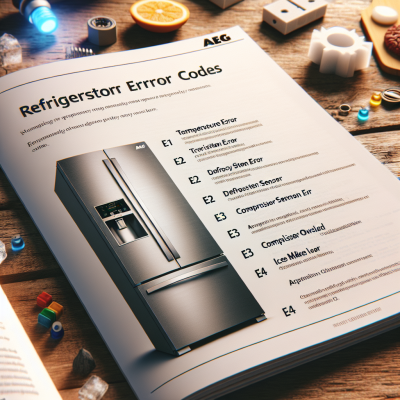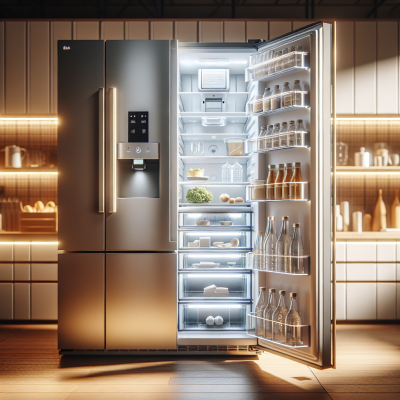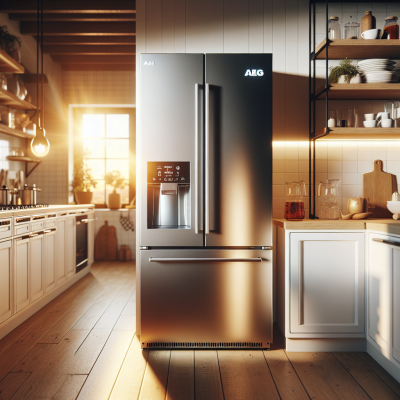Fast & Reliable Philips Refrigerator Repairs - Call Now! |
Troubleshooting
Refrigerator Not Cooling
When your Philips refrigerator fails to cool, first check that the unit is plugged in and receiving power. Ensure the temperature controls are set to the correct setting and not accidentally adjusted. If all seems normal but cooling remains an issue, examine the condenser coils at the back; they might need cleaning due to dust accumulation. It's also essential to check that the refrigerator vents aren't blocked by food items, as proper airflow is crucial for efficient cooling.
Finally, assess the door seals to make sure they are intact. A damaged seal can result in cold air escaping, thus causing the cooling efficiency to drop. If these steps don’t resolve the problem, it might be necessary to contact a service technician.
Ice Maker Not Working
An ice maker that isn’t functioning can be frustrating. Begin troubleshooting by ensuring it is turned on and connected to a water supply. Check for any kinks or blockages in the water line. If the line is clear, inspect the ice maker fill tube for any ice blockages; it might require defrosting if frozen. Additionally, verify the ice maker’s arm or paddles are not stuck.
If these steps don't yield results, consider inspecting the water inlet valve or replacing the water filter, as both can affect ice maker performance. Persistent issues might require professional repair services.
Water Dispenser Issues
Problems with your water dispenser frequently arise from a clogged water filter. If the water flow is weak or nonexistent, replacing the filter might resolve the issue. Ensure the dispenser is connected to the water supply and that the water valve is fully open.
Additionally, air trapped in the system can cause irregular dispensing, so try dispensing water for a few minutes to clear the lines. If the issue continues post-troubleshooting, check the dispenser’s control board or switch for faults, which may need expert intervention.
Unusual Noises
When dealing with unusual noises from the refrigerator, pinpointing the sound's origin is crucial. A buzzing sound typically indicates the compressor running, which is normal. However, if it's excessively loud, check to see that the fridge is level on the ground. Rattling noises often stem from items touching internal fans or vibrating against each other; rearranging items can resolve this.
If you hear a constant clicking sound, it might suggest a problem with the starter relay or compressor which needs professional examination. Also, confirm that the refrigerator is not positioned too closely to walls or other objects that might induce noise.
Frost Build-Up
Excessive frost can hinder proper functioning. To tackle frost build-up, first, ensure your freezer door shuts tightly; compromised seals contribute to frost issues. Regularly defrosting the freezer, if not frost-free, helps maintain efficiency. Assess the defrost thermostat and timer, as malfunction could prevent automatic defrost cycles.
In a frost-free model, ensure the defrost drain is clean and unclogged. Persistent frost problems might indicate a need to check the heater or other defrost system components by a professional.
Power Issues
If your refrigerator does not power on, verify that it's properly connected to an electrical source and the outlet is functional. Consider resetting the circuit breaker if it has tripped. Examine the power cord for signs of damage or wear, as this could affect power transfer.
In case the refrigerator intermittently loses power, inspect the control board or power inverter. For ongoing power issues, contacting a certified electrician or technician is advisable for a thorough assessment and repair.




